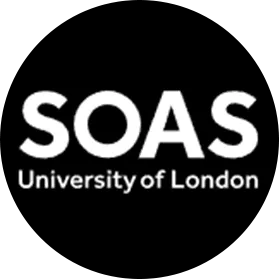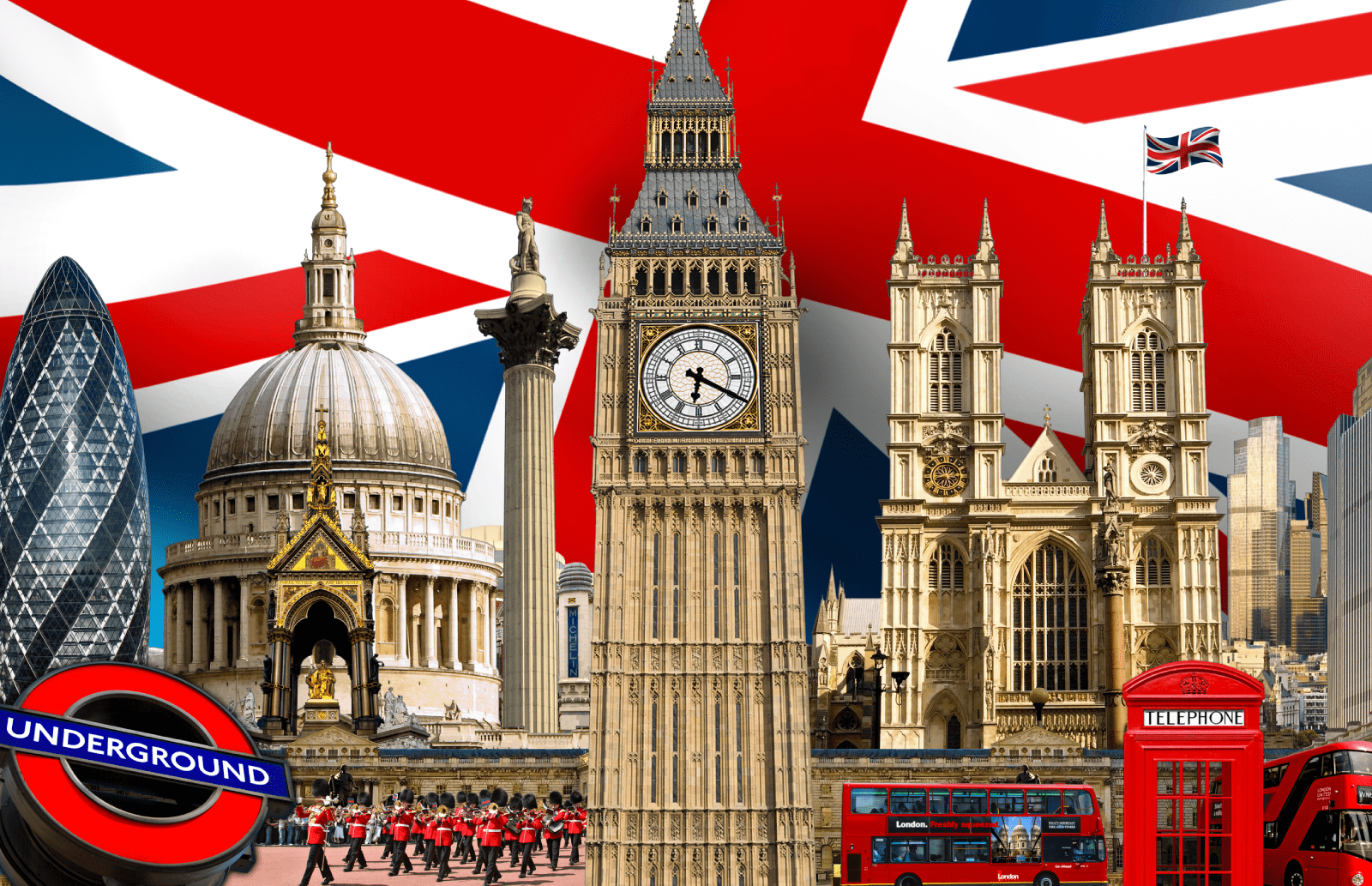
Shared History

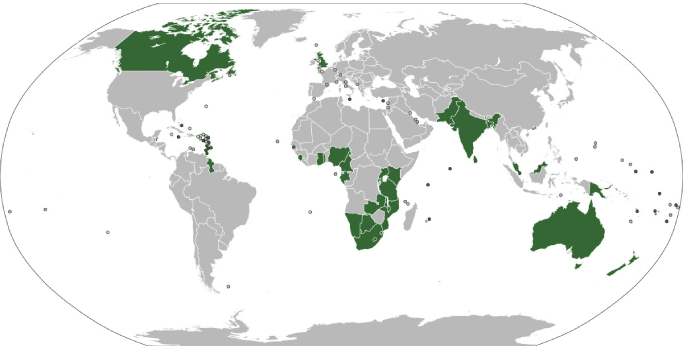
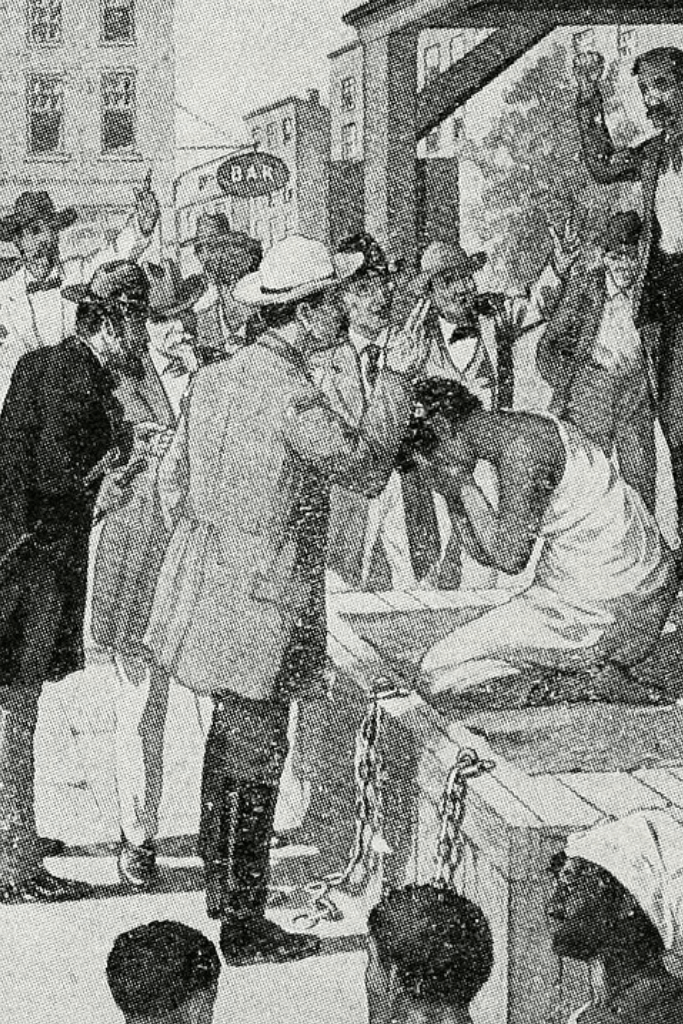
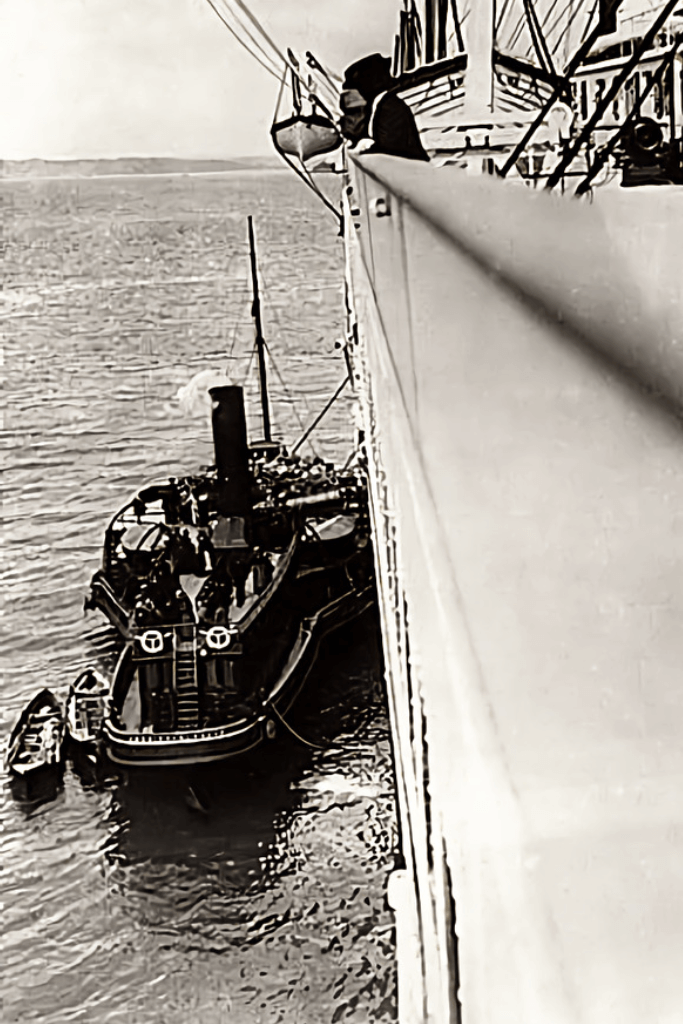
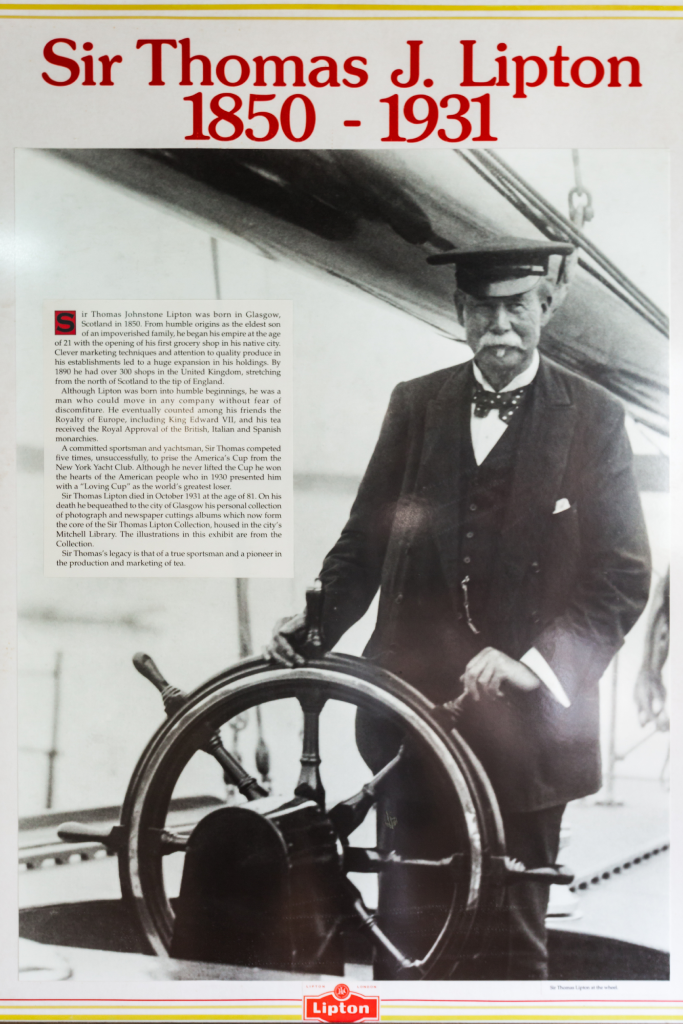
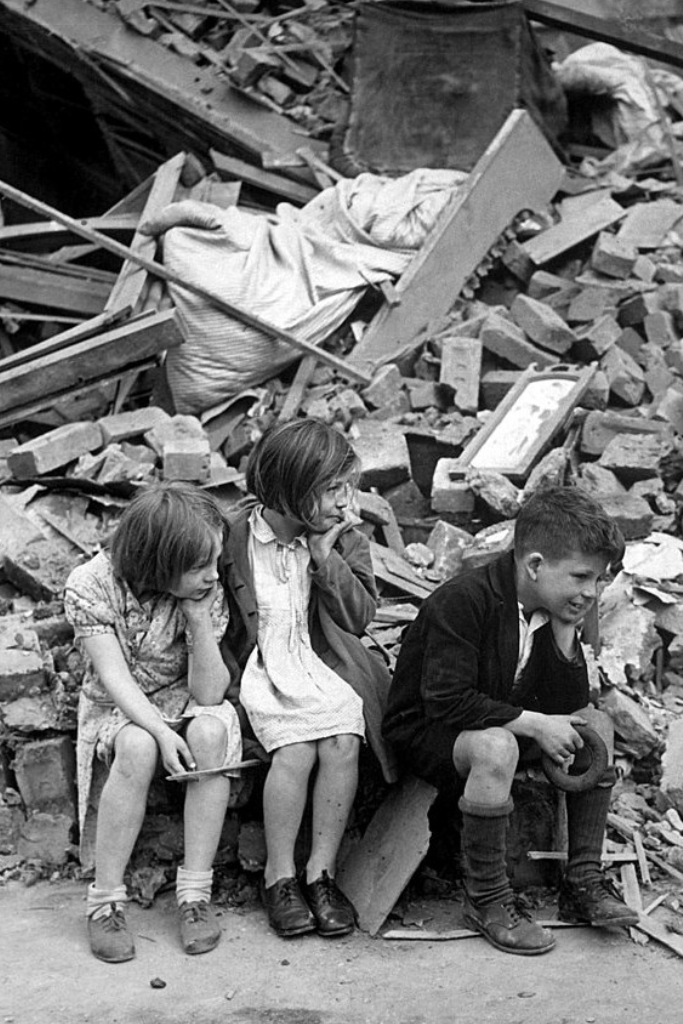
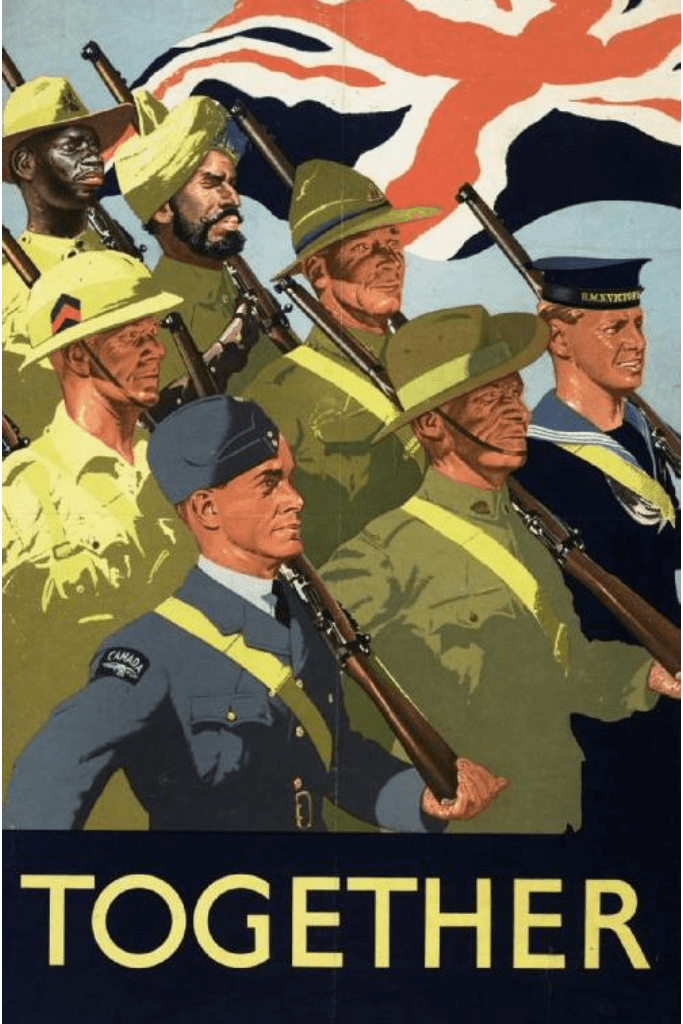
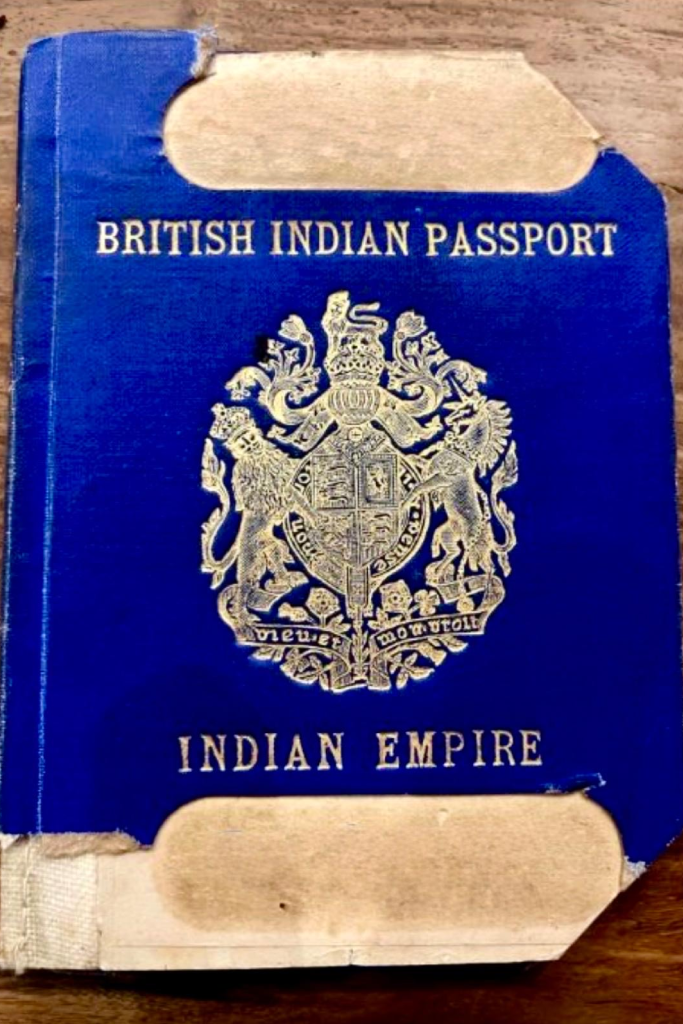
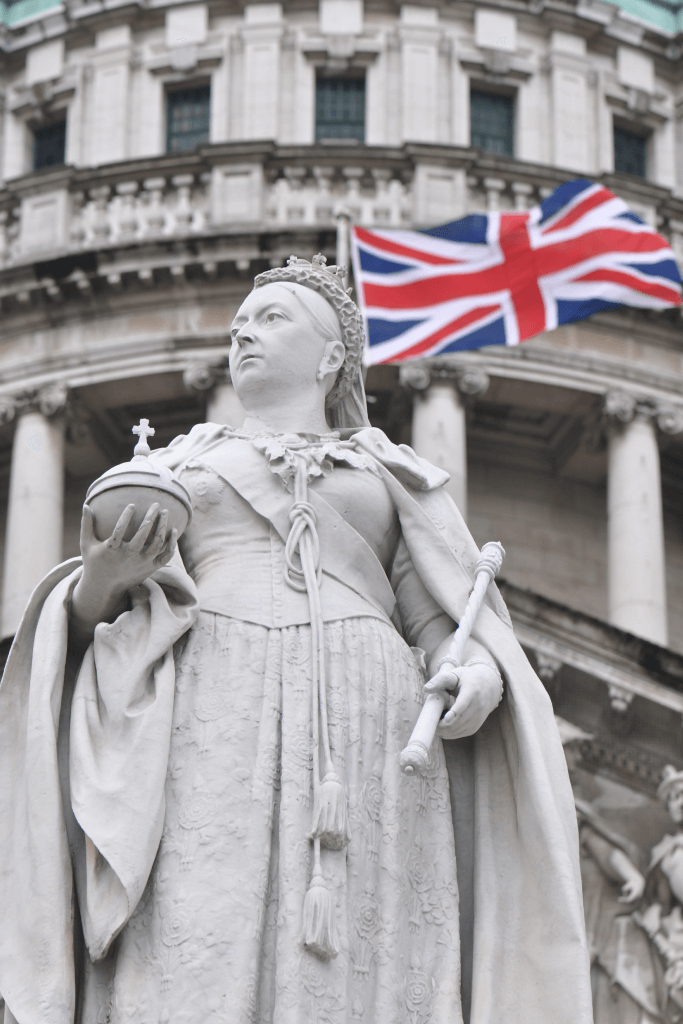
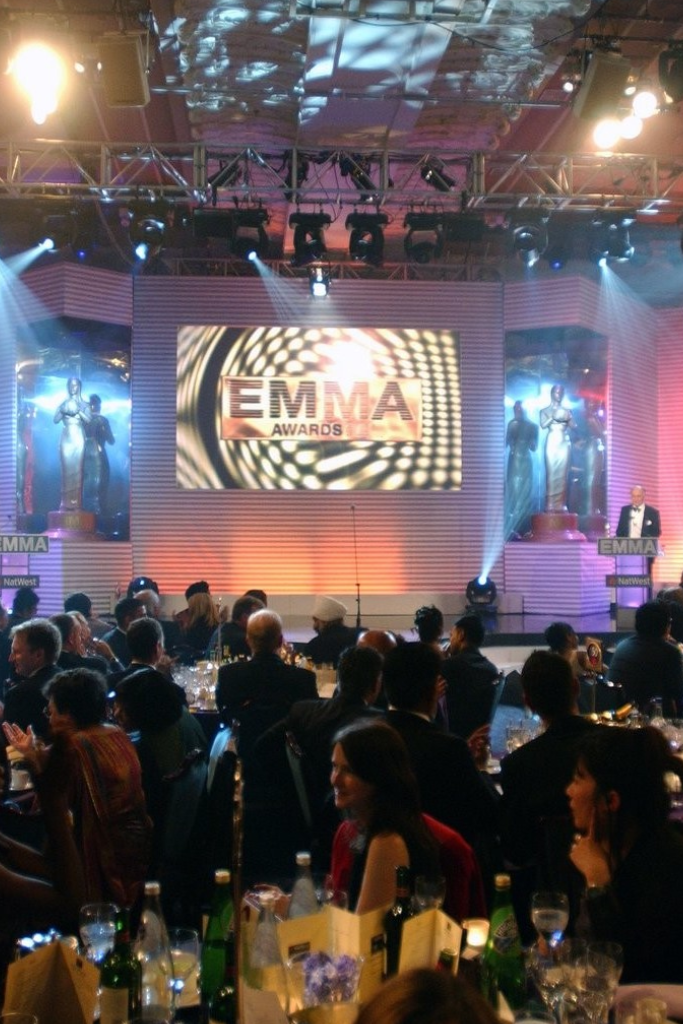
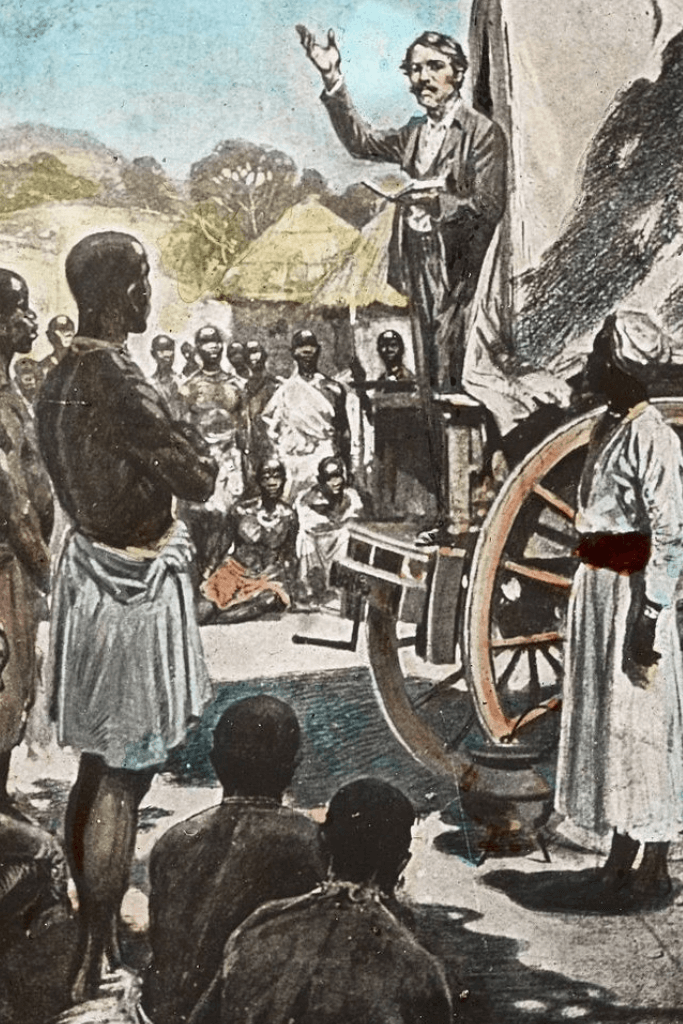
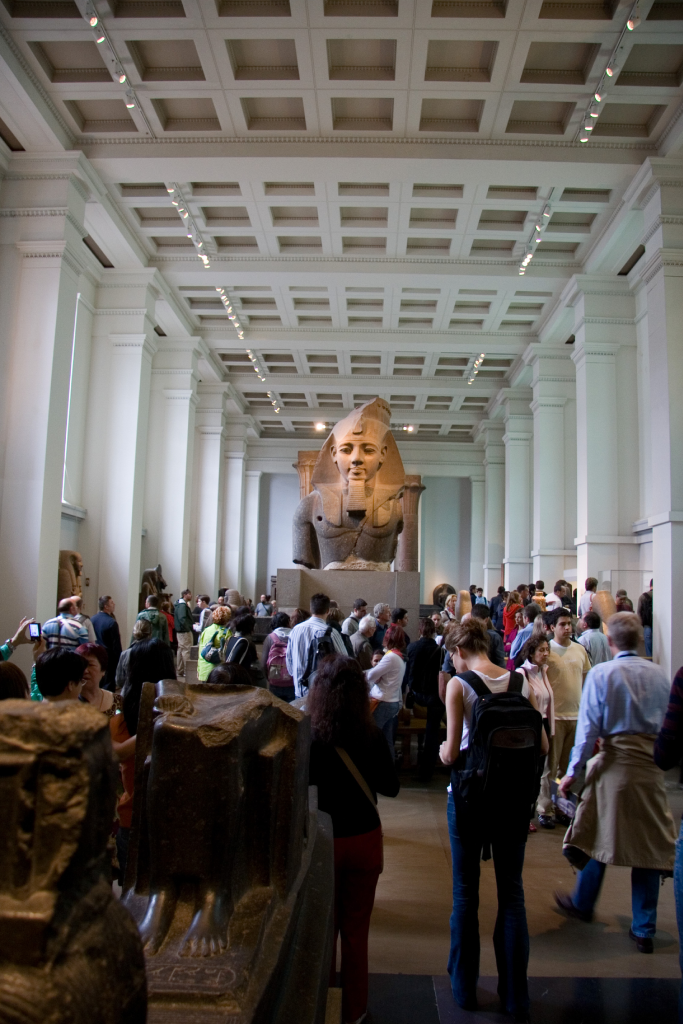
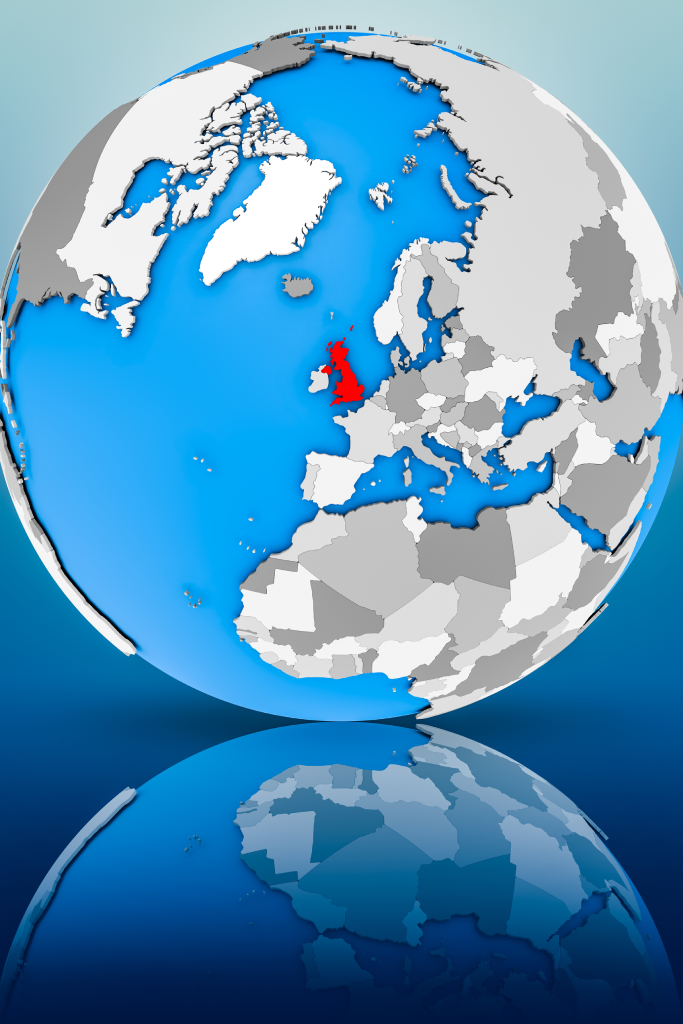
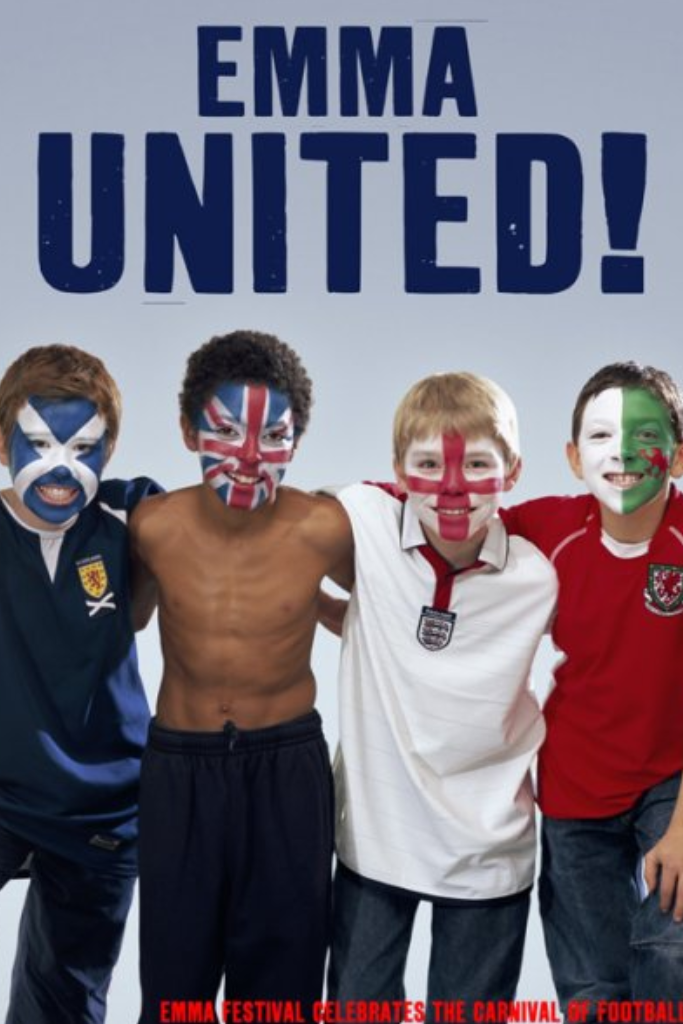
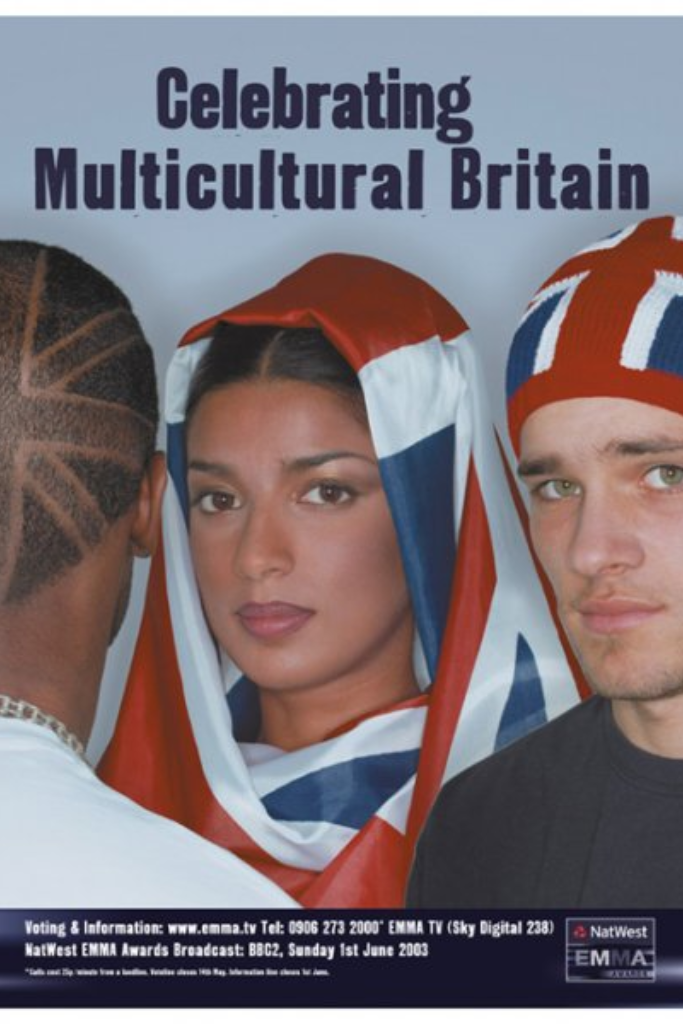

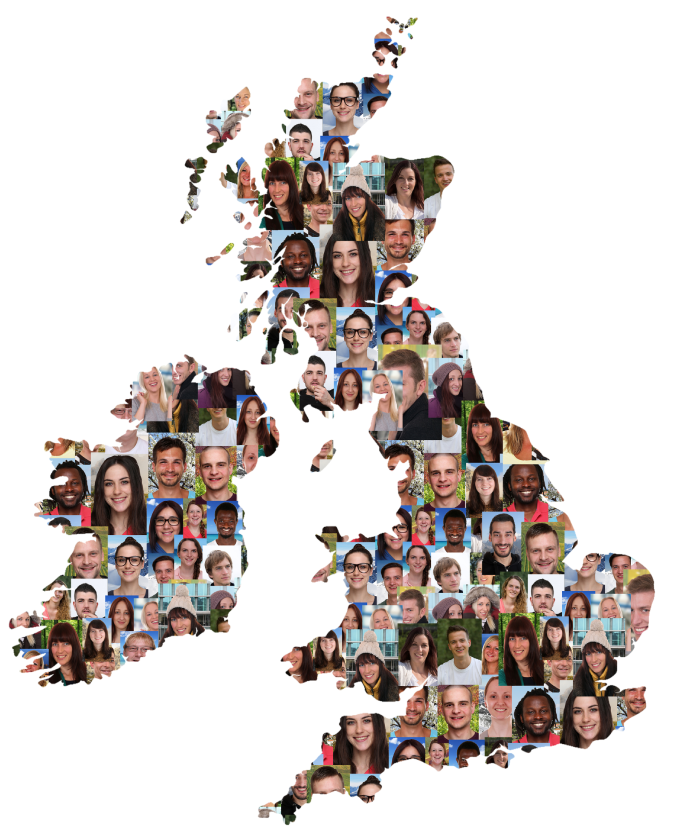

Shared History
The United Kingdom alongside many European countries and even the United States ultimately had benefited from having an Empire that expanded a large region of the World. If we use The British Empire’s 200-year as an example that roughly expanded from the 18th to 20th centuries, this profoundly shaped British culture, economy, and society. Its influence reached into everyday life, political institutions, and even national identity. There is a distinct irony here, now that the West had enjoyed this global superiority from this gain from other countries/regions, to somehow blame those very same people who gave them everything for their present economic demise. The issues facing the White working class in the Western Hemisphere is largely due to contemporary decisions imposed by their politicians and lobbyists.
This is the Shared History below as enjoyed by the people of the United Kingdom for a good many centuries. The Commonwealth countries’ migration to Britain helped to maintain those links over centuries, with a work force and enhanced trade that had increased the wealth from this region, after the devastation of the Second World War.
Economic Influence
- Industrial Revolution & Global Trade
- The Empire created vast markets for British manufactured goods and supplied essential raw materials—cotton from British India, sugar from the Caribbean, rubber from Malaysia, and tea from China and British India. It meant that they controlled those resources from British India (cotton, spices; etc.), Caribbean (sugar, rum), Africa (minerals), and resources from our parts of the Empire.
- This global network fuelled the Industrial Revolution, making Britain the “workshop of the world” in the 19th century. Profits from trade and exploitation led to the growth of merchant classes and investments in industry, fuelling the Industrial Revolution. Industrialisation created booming cities (Manchester, Birmingham, Liverpool), changing how people lived and worked.
- By the mid-1800s, 40% of world trade passed through Britain, securing its position as the leading global economy. A growing urban working class emerged, with new cultural practices, many leisure activities, and labour movements. Increased wealth helped to develop machinery and inventions like the steam engine revolutionised production, transportation, and importantly communication. It was this development that had led to the empire’s ultimate expansion.
- The economic prosperity derived from empire-driven trade bolstered British cultural institutions. The influx of artefacts and artworks from colonies enriched British museums, fostering a culture of collecting and scholarly research. Events like the British Empire Exhibition of 1924 highlighted the empire’s cultural diversity and importantly technological achievements, reflecting an achievement in imperial accomplishments.
- Wealth & Inequality
- The Empire generated enormous profits for merchants, shipbuilders, and industrialists, particularly in port cities like Liverpool, Bristol, and Glasgow. This played a pivotal role in the accumulation of wealth among the British elite. Between 1765 and 1900, the UK extracted approximately $64.82 trillion from British India alone, with the top 10% of the British population receiving about $33.8 trillion of this sum . This concentration of wealth among a small segment of the population contributed to significant economic disparities we can see today
- The slave trade and plantation economy(before abolition in 1807 and 1833) enriched Britain but also left deep moral scars known today. In the 19th century, income inequality in Britain was notably high. By 1800, the wealthiest 20% of the population controlled about 65% of all income, with a Gini coefficient of 0.60, indicating extreme inequality. This level of disparity persisted for several decades, reflecting the economic structures that favoured the affluent.
- The 20th century had witnessed a decline in wealth inequality in Britain, attributed to factors such as social reforms, labor movements, and changes in economic policies. By the mid-20th century, the share of income held by the top 20% decreased, and the Gini coefficient improved, indicating a reduction in income disparity
- Investments in railways, banking, and shipping were funded by wealth extracted from those colonies, reinforcing London’s role as the world’s financial hub. This is still enjoyed today without any proper recognition. Despite the reduction in inequality during the 20th century, wealth disparities have resurged in recent decades. As of 2021, the top 10% of the UK population owned 57% of the nation’s wealth, while the bottom 50% held less than 5%. This resurgence highlights the enduring legacy of historical economic structures and the challenges in achieving equitable wealth distribution.
- Consumer Culture
The Empire shaped daily life through imported goods that became staples of British culture—tea, sugar, coffee, tobacco, cotton textiles, and curry spices. South Asian cuisine has been voted the UK national dish. The growth of consumer demand led to the development of marketing and retail systems that targeted British consumers.
Advertising: The late 19th and early 20th centuries saw the rise of advertising as a tool to promote goods imported from the empire. Companies used various media to highlight the exotic origins and quality of their products, appealing to consumers’ desires for novelty and status.
Department Stores: Establishments like Harrods and Selfridges began offering a wide array of goods from the empire, providing a one-stop shopping experience that catered to the growing consumer class.
Branding: Brands associated with colonial goods, such as Twinings for tea and Tate & Lyle for sugar, became household names, symbolising quality and exotic appeal.
- “Tea time” and the ritual of drinking tea with sugar were direct legacies of the empireand became symbols of British identity. Ironically, this local symbol of British identity has been adopted from other cultures (British India) without a fair recognition, which has led to political contradiction.
- Tea Consumption: By the mid-19th century, Britain was consuming approximately 30 million pounds of tea annually, a significant increase from earlier periods.
- Sugar Imports: Sugar imports to Britain rose dramatically during the 18th century, with the West Indies supplying the majority of this commodity.
- Exotic goods also reshaped tastes in fashion, furniture, and art—chinoiserie, British Indian fabrics, and African ivory were prized in Victorian homes. This has become the norm throughout today’s western culture.
- These marketing strategies not only promoted the consumption of imperial goods but also ingrained them into the fabric of British daily life, shaping consumer identities and cultural norms.
- The British Empire facilitated the importation of a wide range of goods from its colonies, many of which became integral to British daily life:
- Economic Contribution: By 1820, 30% of Britain’s exports were directed to its empire, rising to 35% by 1910, indicating the economic importance of imperial trade in shaping consumer market growth.
Social & Cultural Influence
- Ideas of Race and Hierarchy
- The Empire reinforced ideas of British superiority and “civilising missions,” embedding racial hierarchies into education, literature, and politics. The irony here is that the British population is intertwined with mixed-heritage marriages, due to shared cultural values from music, fashion and food.
- At the same time, the encounters with colonised peoples brought new cultural influences, though often filtered through orientalist stereotypes. The “Us and Them” notion led to the rise of the British Far Right, who at times wanted all the gains from the Commonwealth pre-WW2 history to the contemporary work force that filled the skill needed to run Britain.
- Imperial wealth sometimes widened inequalities; elites grew richer while working-class conditions could be harsh. At the same time, imperial ideologies fuelled social mobility for some: trade and colonial administration offered new career paths.
- The empire relied on distinguishing colonisers from the colonised, often constructing racial hierarchies to justify dominance. Ideas of “civilised” versus “uncivilised” people became embedded in education, science, and governance. Pseudosciences like phrenology and racial anthropology emerged, influencing British thought.
- Racial theories provided moral and intellectual rationales for empire: colonization, exploitation, and “civilizing missions.” British culture absorbed these ideas through literature, newspapers, and public debates, normalising hierarchies in society.
- Migration and Multiculturalism
- The empire encouraged movement both ways:
- British settlers and soldiers spread across colonies for over 300 years, leading to influence today, in key areas. They were then referred to as “Expats” who enjoyed the benefits of both worlds without being alienated from their Motherland. The irony is that if a person from the Commonwealth has done the same in today’s world, for employment, they are then referred to as a migrant that continues in every generation that subsequently transpires.
- The empire encouraged movement both ways:
- Colonial subjects (sailors, servants, students) arrived in Britain, introducing new languages, religions, and cuisines. They are referred to as people from the Commonwealth, who happen to be largely Black and Brown in Colour, and bought over those ideas for a better lifestyle alongside goods for better service. It had largely benefitted the British White working class as those benefits from the Empire were already being enjoyed by the UK upper class. The benefit of Trade had spread throughout Britain.
- By the late 19th century, Britain already had many Black and Asian communitiesin port cities, precursors to today’s multicultural society. As Britain is a nation built on migration from many European regions through war; however, this migration was peaceful due to global trade.
- Between 1800 and 1945, Britain experienced diverse migration flows. Notably:
- Africans: Approximately 10,000 individuals, constituting 0.4% of total migration during this period.
- South Asians: Around 20,000 migrants, also 0.9% of the total.
- West Indians: About 10,000 individuals, 0.4% of the total.
- Chinese: Approximately 20,000 migrants, 0.9% of the total.
- Jews: Around 220,000 individuals, 9.4% of the total migration during this period.
- Irish Migration: The Irish constituted a significant portion of migrants, with 1.5 million arriving between 1800 and 1945, making up 64.1% of total migration during that period.
Following World War II, Britain saw a substantial increase in migration from former colonies:
- South Asians: Approximately 1 million migrants, 16% of total migration during this period.
- West Indians: Around 400,000 individuals, 6.4% of the total.
- Poles: About 500,000 individuals, 8% of the total.
- Chinese: Approximately 320,000 migrants, 5.1% of the total.
- Arabs: Around 290,000 individuals, 4.6% of the total.
- Total Migration: Between 1945 and 2010, over 6.2 million people migrated to Britain, significantly altering its demographic landscape.
- Migration brought various religious practices to Britain, including Hinduism, Islam, Sikhism, and Judaism. Festivals such as Diwali, Eid, and Hanukkah are now widely celebrated. Events like Notting Hill Carnival, celebrating Caribbean culture, and Vaisakhi, marking the Sikh New Year, have become significant cultural events in Britain.
- National Identity and Pride
- The Empire was central to how Britain saw itself: as this global power spreading progress, Christianity, and commerce. The fact that the British kept their cultural, social and political identity in those many regions at the expense of the natives they controlled, is largely due to this racism, which is so embedded within society, against those many ancestors of the colonial regions known as the Commonwealth today.
- The monarchy became a unifying symbol of empire, with Queen Victoria styled as the “Empress of India.” The region of South Asia known as British India was the “Jewel of the Crown” of the British Empire. This is the region that largely built Britain’s global dominance, through goods and skills it had in abundance, to the millions of soldiers used to fight both World Wars to save Britain from German dominance. The Great Game, with Britain’s rivalry with Russia was because of the Indian Subcontinent, the richest region in the world, which shaped modern Britain.
- Empire Day (first marked in 1902) and imperial exhibitions celebrated Britain’s global reach and instilled patriotic loyalty in schools and society. This was a celebration of the success of Britain to dominate a large part of the world, ironically with the demise of the Empire after the devastation of Two World Wars leading to Britain becoming bankrupt and the United States taking on the mantle of the Global Superpower.
- Recent decades have seen a shift in how Britons perceive their imperial past. The British Social Attitudes Survey indicates a decline in pride related to the empire. In 2013, 74% believed it was important to be born in Britain to be considered “truly British”; by 2023, this had fallen to 55%. Similarly, the importance of having British ancestry declined from 51% to 39% over the same period. Conversely, respect for British political institutions and laws remained high, with 86% deeming it important. This shift reflects a broader trend towards a more inclusive and civic understanding of British identity, moving away from ethnic and imperial considerations.
- Present irony, Britain had maintained its global influence through soft power from within the Creative Industry, this could only have happened through the cultural influence from the Commonwealth communities who gave this creative input through their own vast rich cultures. The African Americans, through their own subjugation, had used music as a liberating influence, as adopted by the White working classes who had to abide by the demands of industrialisation and World War 2 trauma.
- The EMMA organisation was created in London during 1997 to present an honest approach for the continued National Identity debate, stating that Britain has been and is a “Multicultural” society in every sense of the word, and its greatness stemmed from the Cultural Industries reflecting its soft-power around the world. EMMA was the first ever TV show to highlight the Global Creative Industries that was finally defined by the UK Government White Paper in 1998 and accepted as an Industry by the UN in 2004. EMMA was the pioneer that defined modern Britain.
- Debates continue about how to reconcile pride in British achievements with acknowledgment of colonial injustices. Institutions like the National Trust have faced criticism and praise for confronting the empire’s legacy, such as the 2020 report linking 93 properties to slavery and colonialism. These discussions are part of a broader reckoning with the past, aiming to build a more inclusive national narrative.
- Culture, Science, and Knowledge
- The empire expanded British horizons such as: botanical gardens at Kewcollected plants from colonies; museums such as the British Museum filled with imperial artefacts. The irony here is that the Far Right claims that people of colour (Black and Brown) have no distinctive history that can be claimed to be great. However, the British made a point to collect all historical items that defined that region’s history, culture and society to inspire their own generations to learn and to even humiliate others.
- Linguistically, English absorbed words from Hindi, Arabic, and African languages (e.g., “bungalow,” “pyjamas,” “shampoo”). Ironically, even the English language, which has been exported around the world by the British to serve their need for global trade, is “Multicultural” in its origin. The English language has been formed from the influence of Latin, French and Old Norse (From the Vikings), with modern influences from the various Colonies, namely British India, and even modern day influence from the Creative Industries’ exposure to the United States.
- British literature and popular culture—from Kipling’s The Jungle Bookto adventure stories—often glorified empire while shaping children’s imaginations. The view that may have served that time; however, if this is persisted will only alienate larger groups who make up British culture.
- British scientists, explorers, and naturalists studied plants, animals, and minerals in the colonies. Joseph Banks’ botanical studies in Australia and the Pacific enriched British scientific knowledge.New species and materials were brought back to Britain, advancing biology, zoology, and medicine.
- Knowledge gained from colonies informed technological advances, particularly in agriculture, mining, and navigation. Scientific exchange facilitated industrial growth, enabling Britain to lead the Industrial Revolution.
- Imperial wealth supported scientific institutions like the Royal Society and the British Museum of Natural History. British universities expanded programs in geography, anthropology, and colonial administration.
- The British Empire played a pivotal role in advancing scientific knowledge and establishing institutions that promoted research and education. The Royal Society, founded in 1660, became a leading institution for scientific inquiry, fostering a culture of empirical research and experimentation. Notable British scientists such as Isaac Newton, Michael Faraday, and James Clerk Maxwell made ground-breaking contributions to physics and electromagnetism, laying the foundation for modern science.
- In the 19th century, British scientific exploration expanded globally, with expeditions collecting specimens and data from colonies. This not only enriched scientific knowledge but also reinforced Britain’s imperial presence and influence.
- Criticism and Resistance in Britain
- Anti-slavery campaigns in the late 18th and early 19th centuries had mobilised mass political activism in Britain. This has now been very much celebrated as defining British moral compass within a society deemed to be progressive. The similar campaigners of today will also be seen to be the bastions of British cultural and social advancement with Generations to come, when academics dissect this present period to highlight those parties who opposed progressive changes or created the divisions within society, as the world is totally interconnected today.
- Later, critics such as George Orwelland radical movements (Labour Party, suffragists, and anti-colonial activists in London) challenged the morality of imperial rule. The ultimate end to Imperial rule came from the German nation who wanted the spoils of Imperialism, hence, the First World War with its Australian and Hungarian allies; then with the rise of the Third Reich through Adolf Hitler’s leadership to undertake part two of this continued struggle. Ironically, if it was not for the many millions of soldiers supplied by the Commonwealth regions, namely 3.5 million from British India, Britain would have lost those two World Wars.
- These debates influenced British democracy, free speech traditions, and evolving liberal values. The irony faced today by the mass British population is that if it was not for their historical link with the colonies namely the Commonwealth, the riches and global influence enjoyed for so long would have never existed. The lifestyle enjoyed today wouldn’t exist, so to blame Ethnic Minorities who are predominantly Black and Brown is an injustice to Britain’s own Multicultural history. The rise of Far Right politics is a symptom of failed political leadership who have somehow deflected their failure on people of colour to fuel this fear of the other – this then transpires through symbols of racism.
- Recent surveys indicate a nuanced perspective among the British public regarding the Empire’s legacy. A 2020 YouGov poll revealed that 30% of Britons believe former colonies were better off as part of the British Empire, a higher proportion than in other former colonial powers. Conversely, 20% of respondents felt that these countries were worse off, with younger individuals (18–24 year olds) and Labour voters more likely to hold this view. These figures suggest a generational and ideological divide in perceptions of the Empire’s impact.
- Recent events have brought the debate over the Empire’s legacy to the forefront. In 2020, the toppling of Edward Colston’s statue in Bristol during Black Lives Matter protests symbolised a broader movement to confront colonial histories. The death of Queen Elizabeth II in 2022 reignited discussions about the monarchy’s role in colonialism, with some former colonies reconsidering their ties to the British Crown. These actions reflect a growing demand for accountability and acknowledgment of historical injustices.
Long-Term Legacy on British Culture
- Everyday Life: Food, fashion, and leisure in Britain remain heavily shaped by its own imperial history —tea drinking, curry as a national dish and cricket as a cultural touchstone. These are all parts of Britain’s history that have been enjoyed through its military expansion to capture resources, trade, products and above all service from cheap labour with a skill base that was unmatched by the British workforce. Today’s national sport, known as “Football”, is completely “Multicultural” with talent from all over the world who have entertained the Football Fans who display loyalty to their Football Club that has distinct working class roots – regardless of the corporate influence.
- Multicultural Britain: Post-World War II migration from former colonies (India, Pakistan, the Caribbean, Africa) cemented multiculturalism as part of modern British identity, directly linked to the imperial past. EMMA, as founded by a descendent of this British history, helped to enhance Britain to a global audience through “soft power”, as the EMMA Creative Industries show had celebrated Britain to the world as being Multicultural. The confidence that was gained by the British establishment who dwelled in Middle England image of Colonial history could finally claim to be publically “Multicultural” due to the EMMA show as broadcast on ITV & BBC. EMMA was the catalyst to Britain hosting the “London 2012 Multicultural Olympic Games” as a major statement.
- Memory and Controversy: Statues, museums, and public debates reflect ongoing struggles with the empire’s legacy—balancing pride in global influence with recognition of exploitation and oppression. The failure of the ruling elite to properly reflect Britain’s past, present and future has led to a national crisis in regards to defining British identity, which politicians in their gated community have failed to reflect, leading to the use of the national symbol “Union Jack” flag being used by the Far Right. EMMA had undertaken a campaign to win back the “Union Jack Flag” from the Far Right in its EMMA TV Show and Ad campaigns as a National symbol of Multicultural values for all, not the few. It has now meant that the Far Right have moved on to use the English Flag, which defines the Patron Saint of Saint George, as its call for action against the Migrants. The irony here is that Saint George was born in Cappadocia in modern-day Turkey so by default a foreigner/migrant in 1348. The connection of the Flag and Saint George is linked to the English’s own history to Palestine.
- The British Empire played a pivotal role in the global dissemination of the English language. Today, English is the primary language of approximately 460 million people and is spoken by about 1.5 billion as a first, second, or foreign language. This widespread use facilitated the global reach of British literature, with authors like Charles Dickens, Jane Austen, and Rudyard Kipling gaining international acclaim. Kipling’s works, such as The Jungle Bookand The Man Who Would Be King, reflect the cultural and political impact of British rule in India.
- Global English: The Empire ensured English became a world language, however, this embodies Britain’s cultural influence long after the empire declined, but is now being replaced by American English due to their dominance in the IT, Social Media and Creative Industries sector. Britain’s failure to define modern Britain through its factual Multicultural existence, has meant that culturally it has been the United States that has promoted those modern day Multicultural values adopted by the world. This is seen through the development of those Metropolitan cities and Cosmopolitan lifestyle through the American Creative Industries export that helped to consolidate its dominance within social media.
- The British Empire facilitated significant migration patterns that have shaped modern British society. Millions of people left the British Isles to settle in colonies, and large numbers of South Asian people emigrated to other parts of the empire, such as Malaysia and Fiji. After World War II, immigration to Britain from its former colonies contributed to the demographic changes in the United Kingdom. Today, about half of all modern immigration to Commonwealth nations continues to occur between them.
- The British Empire was instrumental in the global spread of sports. Games such as football, cricket, lawn tennis, and golf were developed in Britain and exported worldwide. These sports became integral to the cultures of many nations and continue to be popular today. In some cases, former colonies have made significant contributions to the evolution and popularisation of these sports.
In summary: Over 200 years, the British Empire made Britain wealthy, globally connected, and culturally diverse, but also left legacies of inequality, racism, and contested identity. It shaped British culture both economically—through trade, consumer goods, and wealth—and socially—through migration, identity, and global outlook. EMMA was created to help define modern Britain through its own reality of Multiculturalism, which had been ignored by the few who control the many, which has now led to a national crisis of identity. If Britain’s true history isn’t taught or initiatives and contributions by Brits from a Commonwealth heritage are ignored then Britain as a nation alongside the whole Western European world will become a history note of failures – no different than parts of the world that are now museums.
EMMA has always worked to promote our common values regardless of one’s race, creed, colour, religion or nationality as the common bond is our Multicultural values from a Metropolitan environment to a Cosmopolitan lifestyle that symbolises Multicultural values we all share through our collective history. If EMMA can under- take the first ever Creative Industries global TV show to celebrate our Multicultural values with little funding, why can’t the ones with the money and resources do more?
Some of EMMA’s campaigns and issues below does highlight our common values.















